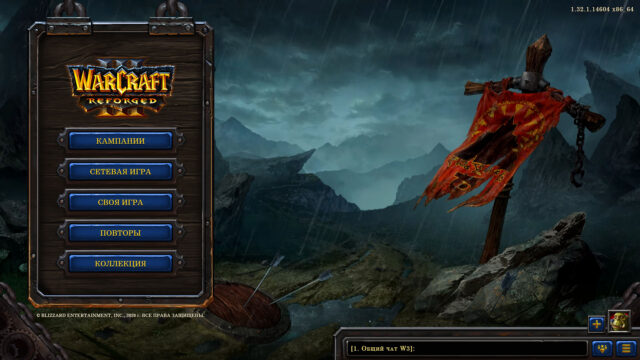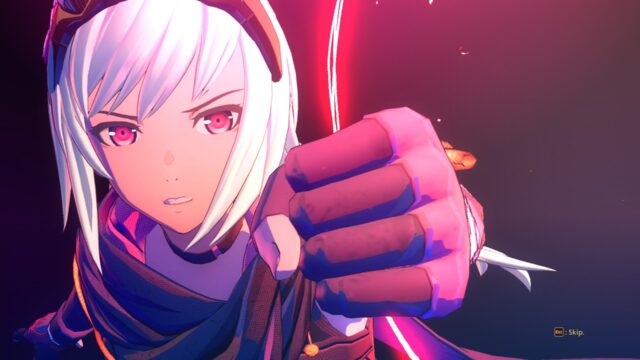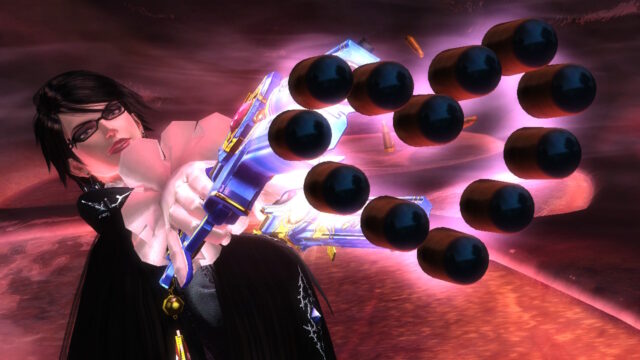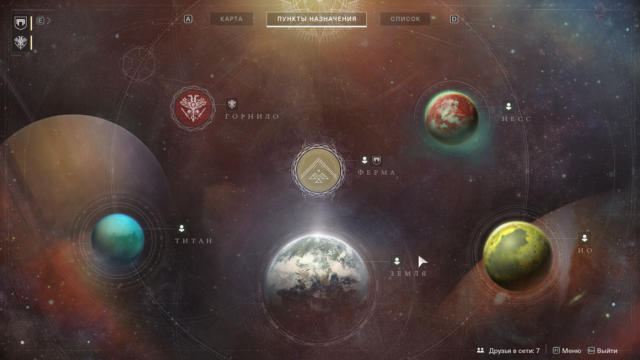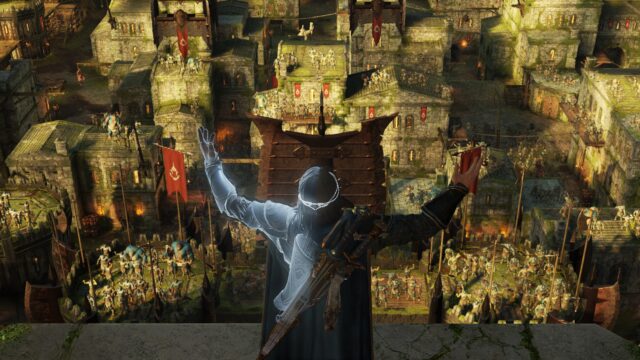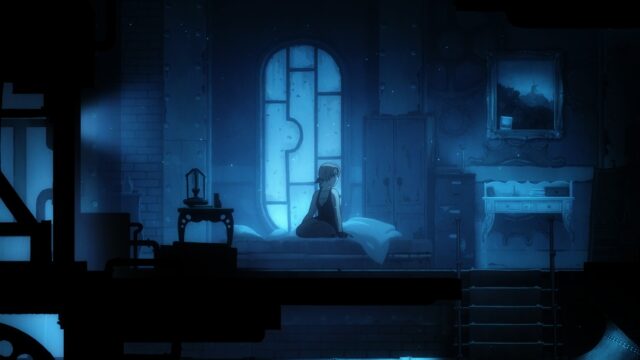Assassin's Creed Valhalla Review
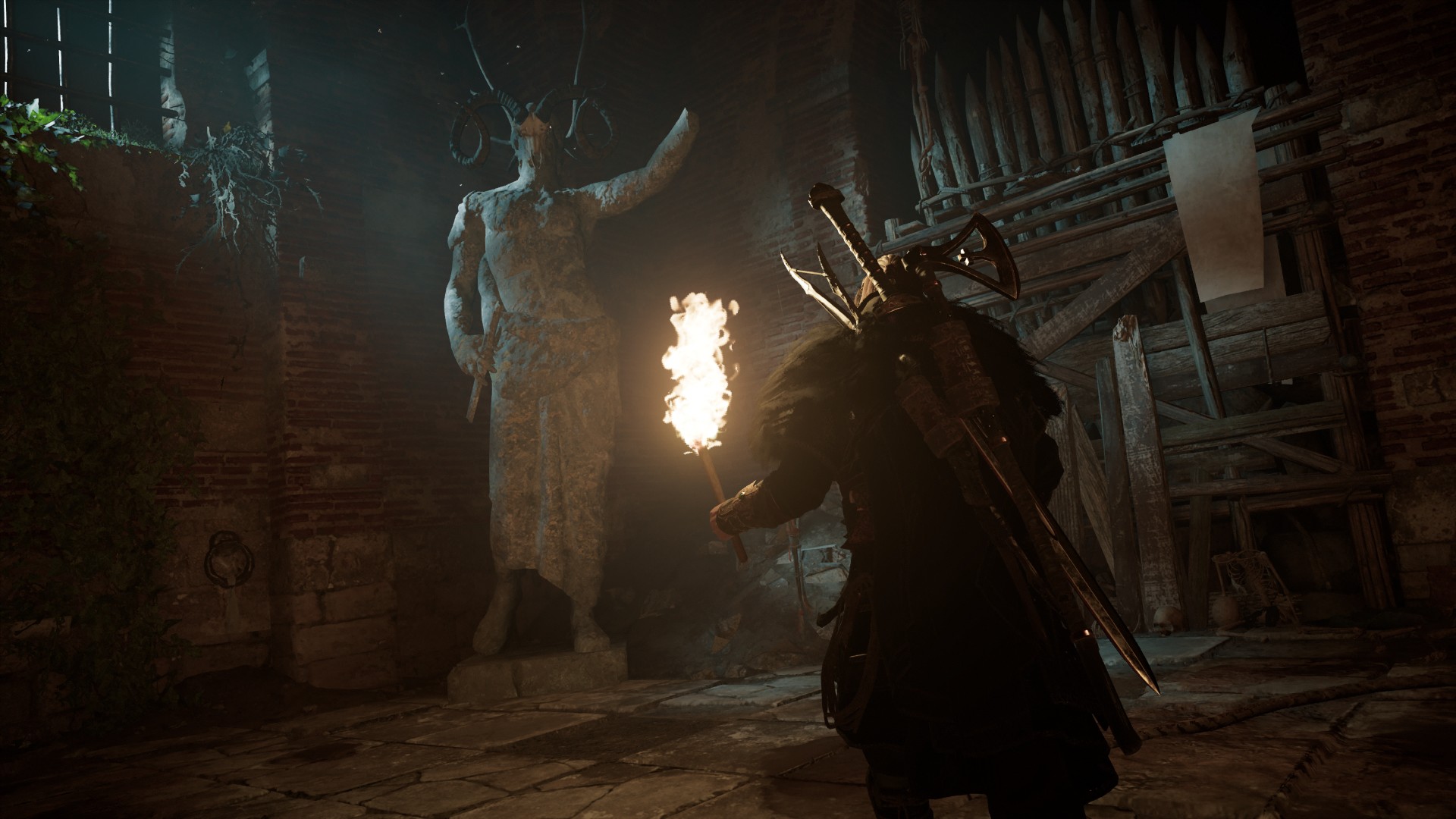
Knowing Ubisoft’s tendency to expand to colossal proportions, the game progress counter has left me puzzled more than once. At this point, my playthrough is already reaching the scale of Odyssey – 65 hours played with a modest 40% overall progress.
Realizing the scale of the adventure that “Valhalla” has entangled me in, I decided not to attempt to swallow the game whole. Otherwise, I would have had to continue writing the text while splashing champagne around. I don’t even know if it’s in honor of the New Year or because I managed to survive until the final credits!
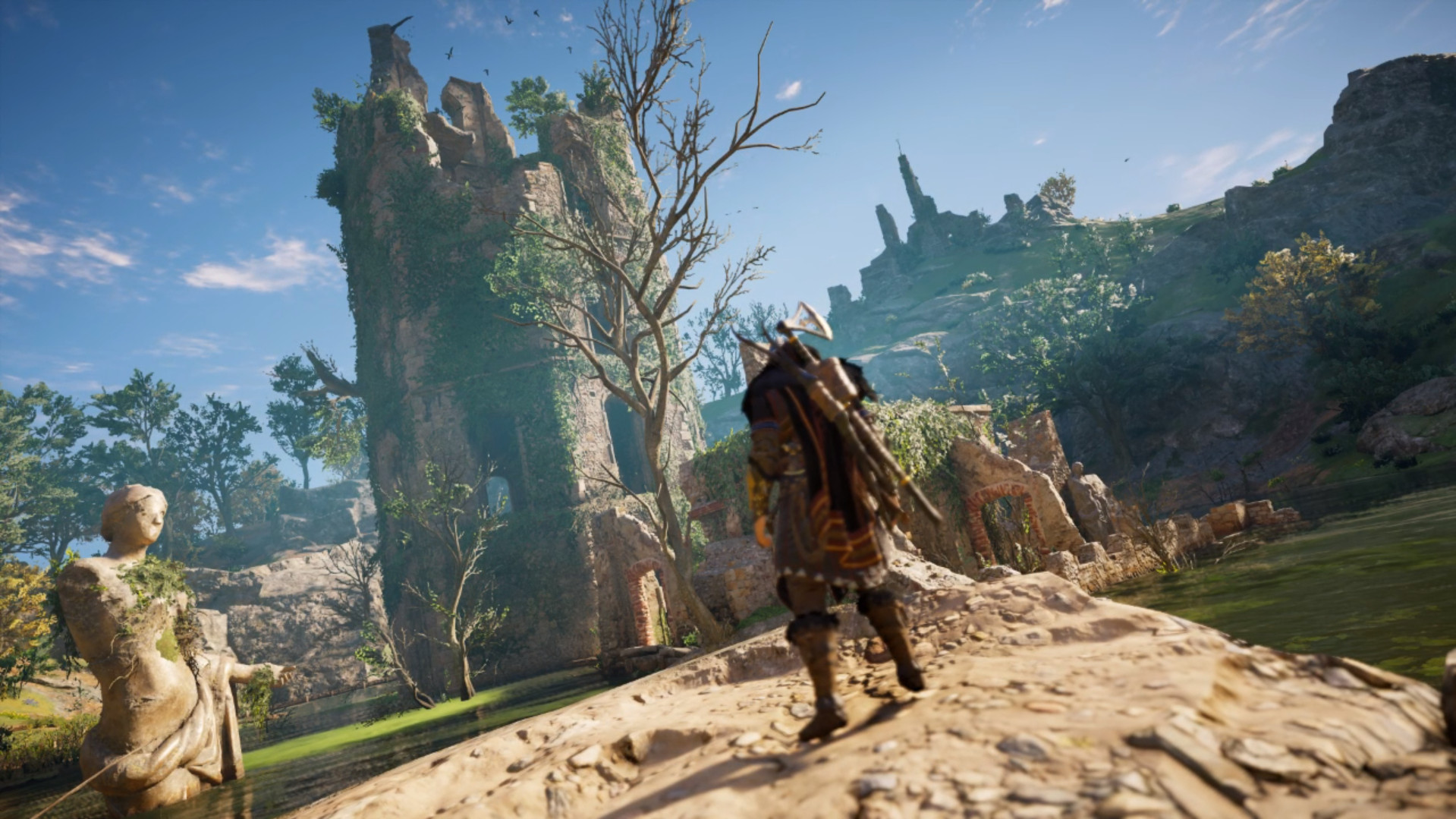
In the past 2 years, from the release of Odyssey “We all managed to miss this series, so I happily directed my drakkar towards the British shores. However, this happened at the seventh hour of the game, which is exactly how much time the local prologue takes.
The story’s setting takes us to Scandinavia, where we immerse ourselves in the everyday life and culture of medieval Vikings. In this task, we are finally accompanied by an encyclopedia with brief references, which will help the player better understand what is happening on the screen and what people are talking about in dialogues. The fragments of information presented in it will not replace Google, but they will bring clarity.”
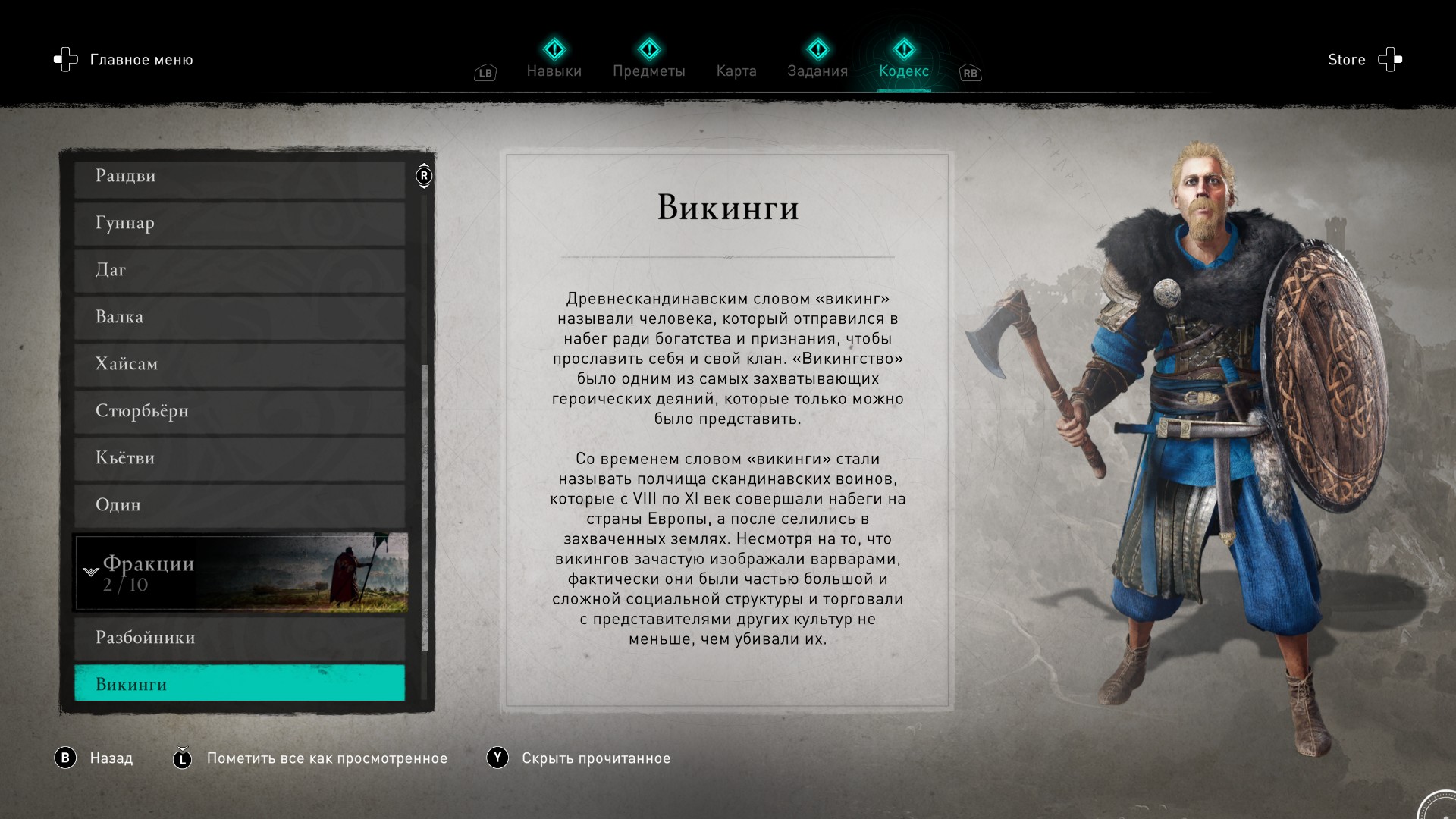
The next episode, please
Throughout the prologue of the game, quietly chuckling, it pretends to be another story about revenge. And just when you roll your eyes, thinking, “well, who would have doubted,” suddenly it turns out that your expectations have been outplayed and destroyed. The thing is, the storytelling in Valhalla has become reminiscent of a modern TV series. With all the pros and cons. And no, this story is not about revenge.
Eivor’s main motivation is the desire to strengthen the position of their native clan, which needs allies to avoid being absorbed by more powerful neighbors. It is for this reason that we arrive in the realm of rain, fog, and churches.
Having gained control of a small settlement in the beloved barbarian way, we become its leader. Remember the restoration of the villa in Assassin’s Creed 2? It’s about the same aimless (except for a couple of buildings that are rebuilt through main quests), but for some reason enticing.
But the main concern becomes the alliance map. Britain is fragmented and divided among small kingdoms. Our task is to gain the loyalty of neighboring regions by completing a certain chain of quests. Each of these chains hides a new episode of the series: the storytelling constantly fuels interest in what is happening, unexpected twists occur, and in the end, a logical resolution awaits us, sometimes even with global consequences for the overall story.
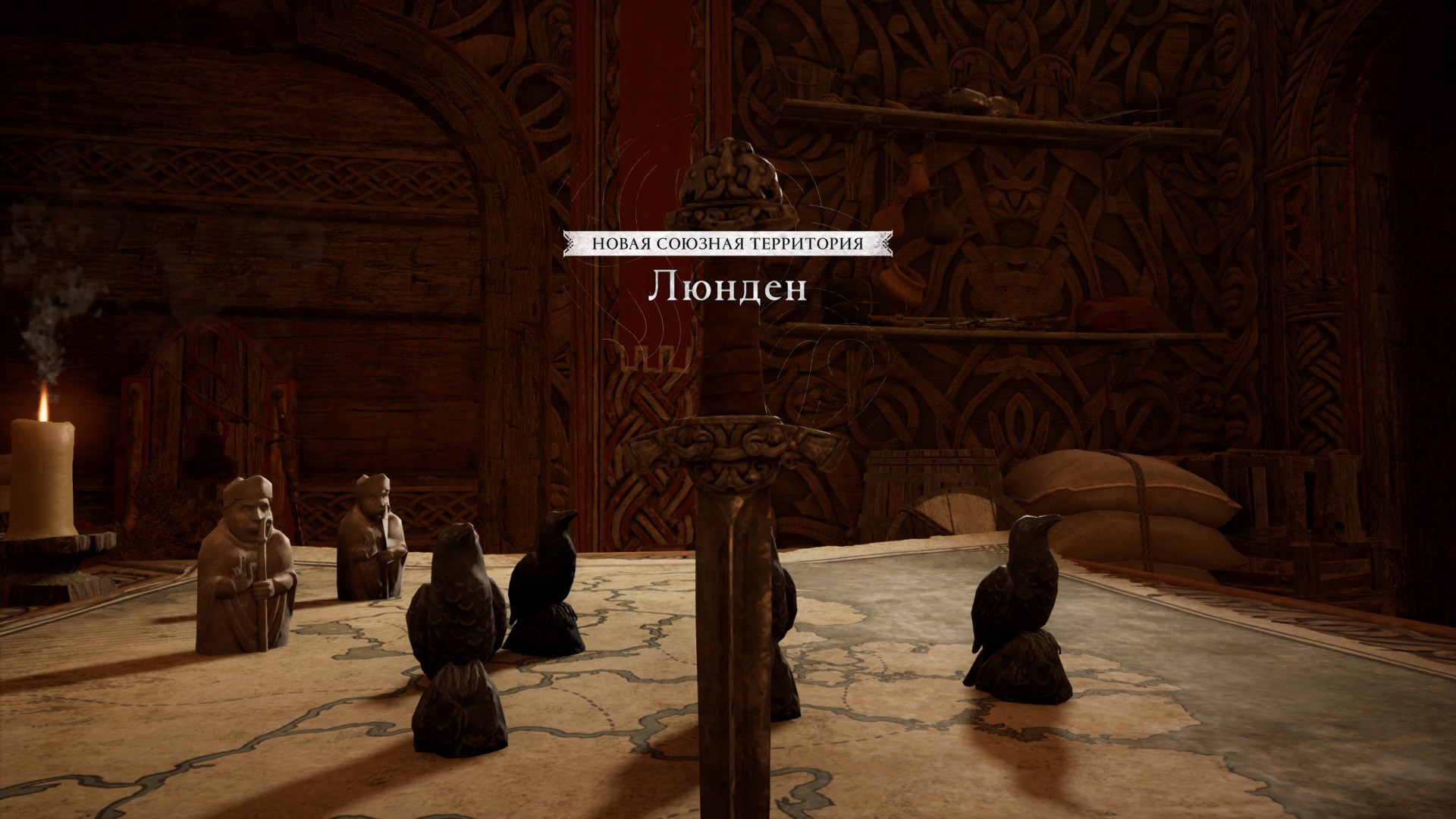
The player is given the opportunity to choose the next “series”, which results in a negative impact on the overall picture. The game has inherited not only the advantages of the serial format, but also the disadvantages: not all prepared stories are equally interesting, and they have different pacing. Because of this, impressions vary depending on the order in which you “click” on the strategic map.
But even considering these nuances, Valhalla can boast perhaps the strongest storyline in the current trilogy. The characters have been carefully developed and given a significant role in the events.
However, one should not expect anything epic from the local stories – there will be no attempts to surpass Red Dead Redemption 2.
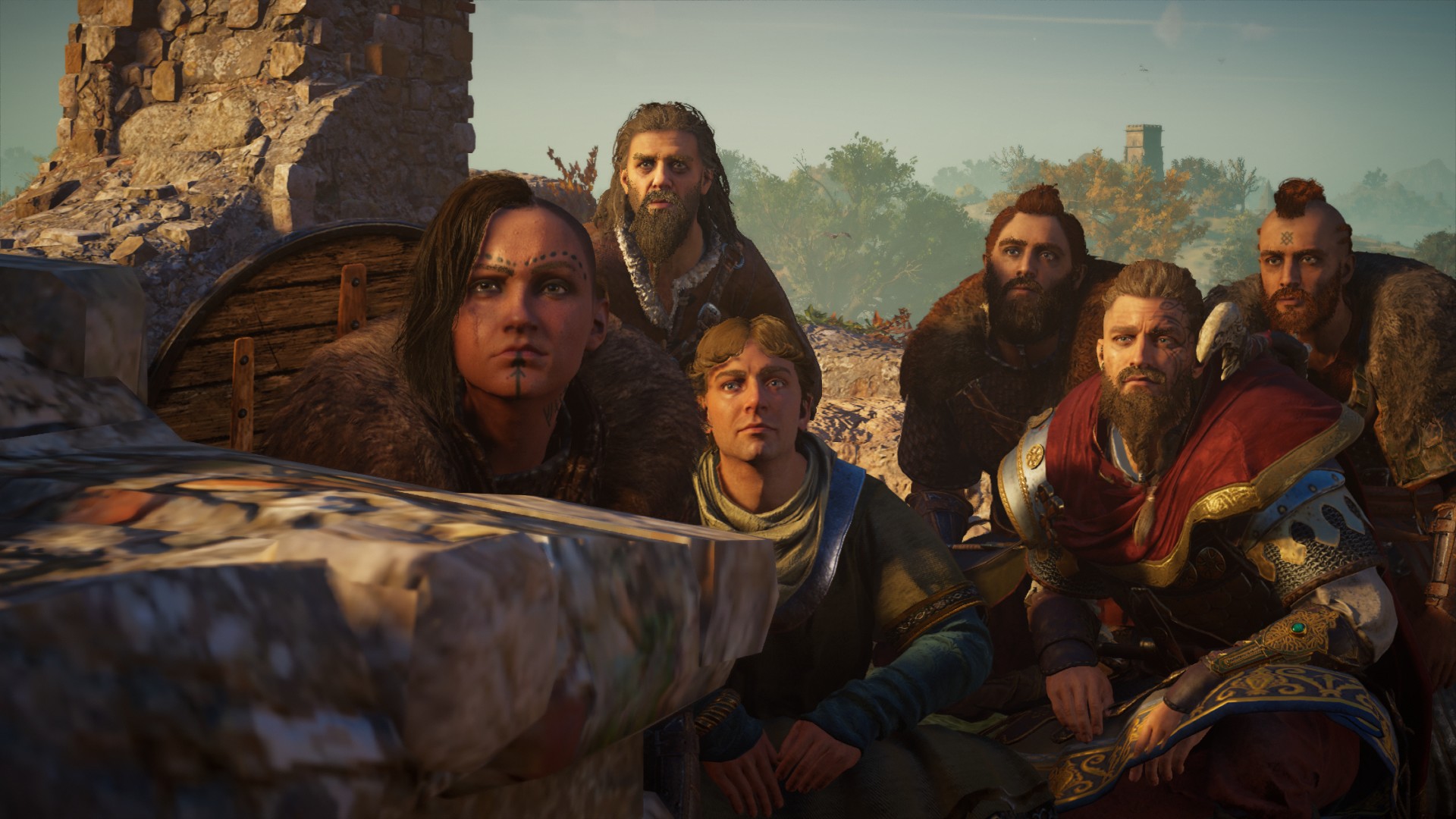
The emotions from Assassin’s Creed Valhalla are contrasting, especially if you’re used to completing all the tasks in the locations. The excitement gradually turns into slight confusion, and at some point, you realize that the game’s duration is literally its main problem.
Clearing the entire map can easily take you 100-150 hours. There are an incredible number of points of interest. Now all activities are conditionally divided into several categories: artifacts, wealth, and mysteries. The first group includes various notes that can be a puzzle, part of a quest, or add details to the world. Wealth includes all loot, including armor, weapons, and rare resources.
And mysteries here are small side quests or local puzzles, solving which will reward you with skill points. And all these activities are equally devalued by the middle of the game.
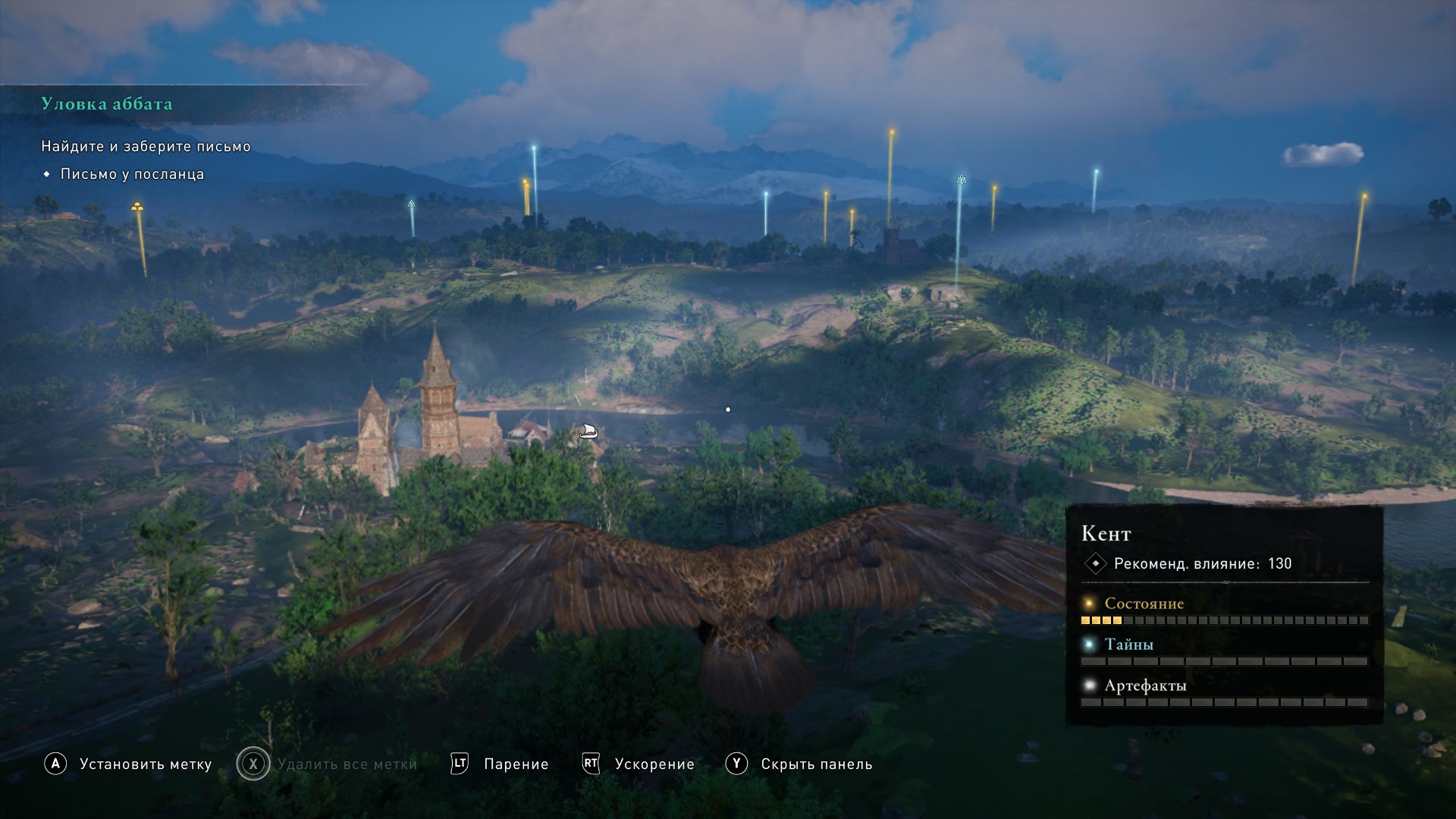
Progress
The concept of leveling up itself has undergone radical changes. Equipment has become quite rare, no more digging through dozens of swords and helmets in search of something useful. Each piece of equipment is unique and good in different conditions. Thanks to this, you can gradually build up an arsenal that suits your own play style. However, this will only happen at best by the end of the first third of your adventure.
After that, you look at inventory replenishment quite indifferently, largely because we often find equipment in a condition far from minimally acceptable. Each item has 10 upgrade levels that require resources. And this means that the desire to “just for fun” run around with that sword can result in a couple of hours of resource gathering for its upgrade. Therefore, as a rule, a large part of the upgrades remains lying in the bottomless inventory.
The same problem applies to leveling up. By abolishing the level system, the game did not come up with something radically new. Now you accumulate experience not for the next “level up”, but for the allocation of skill points, spending which increases your strength indicator.
At first, it seems that the developers came up with a flexible skill tree, allowing you to try different play styles as you progress. But in reality, it turns out that the abilities are scattered quite chaotically, and the small bonuses scattered among them only give conditional “+5 to damage”. So, a player who has exchanged the second hundred levels of strength will lazily enter the upgrade menu only once every couple of hours to blindly distribute the accumulated dozen points somewhere, as all the necessary abilities are already unlocked.
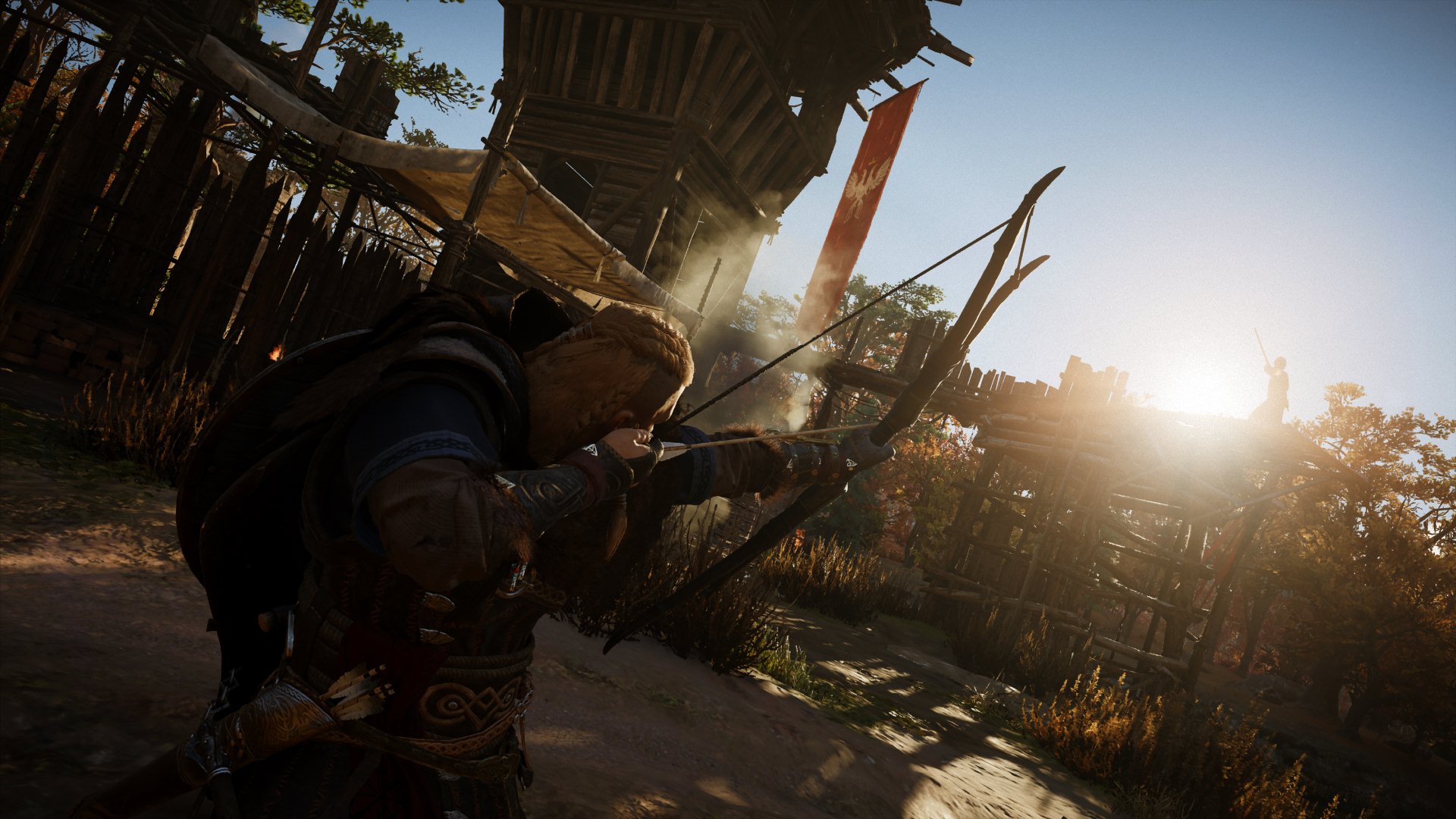
About killers
Battles have become more interesting – weapons feel weighty, the stamina bar forces you to at least pretend that you are considering your actions, and brutal finishers demonstrate a worthy tribute to the Mortal Kombat series.
And now the thought arises that at least some aspect of the game is done flawlessly… but no. The artificial intelligence faithfully follows the series’ traditions, once again not fully allowing the combat mechanics to shine. Ubisoft, how much longer? What needs to happen in the world for this problem to at least begin to be addressed?
It is difficult to give “Valhalla” a rating. It is truly a very good game, with all the potential to be in the top league alongside the best games. But the gameplay is like a car after a private auto service – there will inevitably be a few loose screws. In such situations, you want to be that annoying teacher who gives a lower grade simply because they know you can do better if you stop being lazy. That’s what I wish for the people who will work on the next Assassin’s Creed.
Share
Discuss
More Reviews
